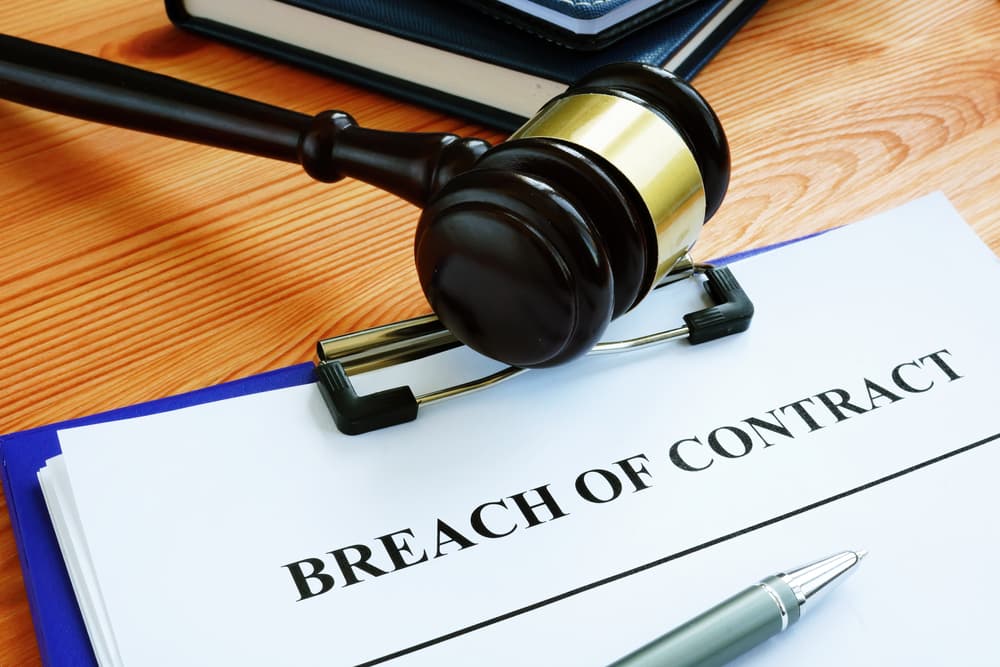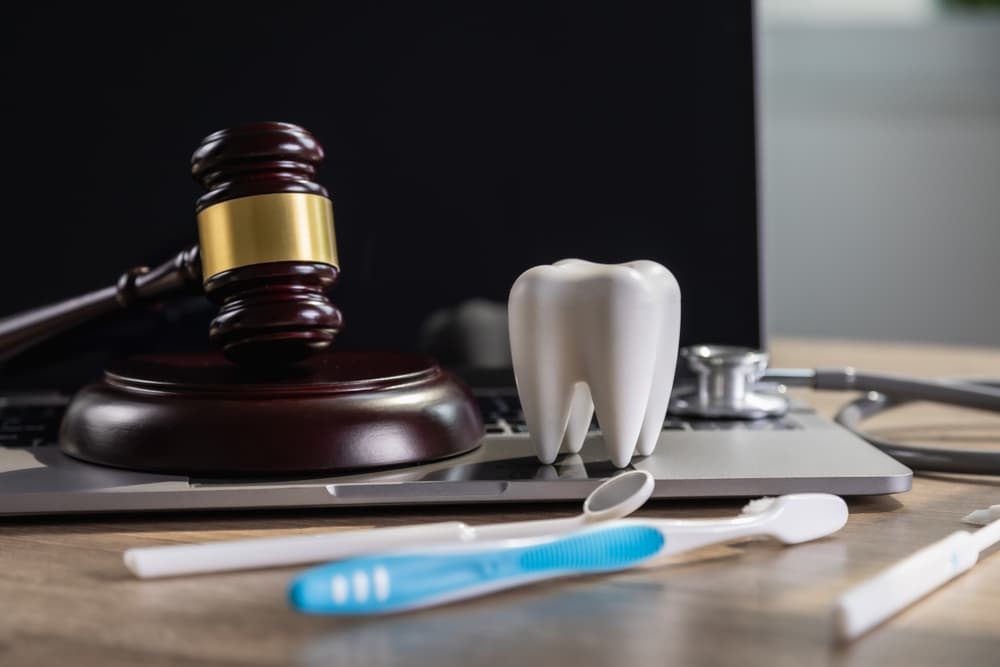How to Handle a Breach of Dental Partnership Agreement
A dental partnership agreement sets important ground rules between two or more dentists who work together to run a practice. When all partners follow the agreed-upon terms, these relationships can bring enormous benefits: shared costs, expanded services, and combined expertise. However, things do not always go as planned. Sometimes, one partner may fail to meet their financial, professional, or otherwise obligations, resulting in a “breach of contract.”
A breach of contract means that one party violates the terms of a legally binding agreement. In a dental practice setting, that can mean one partner refusing to pay agreed-upon expenses, taking excessive time off without approval, or even diverting patients or funds to a private venture. Whatever the breach may be, you must address it carefully and quickly to protect your practice and professional relationship.
If you have concerns about a possible breach, consult a dental business attorney as soon as possible.
What Does “Breach of Dental Partnership Agreement” Mean?

A “breach” occurs when a partner fails to fulfill any promise made in the written contract. The seriousness of the breach often depends on the term violated. For example, if your partnership agreement requires you to split profits in a specific ratio, but one partner secretly takes a larger share, that is a breach. If a partner fails to contribute financially as promised or is absent at the agreed-upon hours, that can also be a breach.
Some minor breaches, known as “partial” or “immaterial” breaches, can be resolved easily once both parties talk it out. Others are considered “material” breaches. These are major violations that can threaten the entire partnership. In the dental world, a material breach might involve misusing the practice’s funds, refusing to see patients, or damaging the practice’s reputation.
Why Do Breaches Occur?
Like all business relationships, dental partnerships depend on trust and open communication. Disputes and breaches can arise for many reasons:
- Financial Issues: One partner may struggle to meet financial obligations for business costs, such as equipment leasing or rent.
- Unequal Workloads: If one partner works significantly more hours or brings in more revenue, they might decide they are entitled to a bigger share, even if the agreement says otherwise.
- Different Visions: A partner might suddenly pursue a new direction—like opening a second location—without the other partner’s approval. If this conflicts with the agreement, it can lead to a breach.
- Personality Clashes: Some people communicate poorly or make big decisions unilaterally, leaving others feeling betrayed.
Regardless of the root cause, the first step is identifying whether the partner’s actions violate the signed agreement. Many disagreements in dentistry arise from misunderstandings, so your initial task should be a careful review of the contract.
How to Recognize a Breach
Because partnership agreements vary, the signs of a breach can look different from one practice to another. Still, here are some common red flags:
- Unaccounted-for Funds: Regularly review financial statements for unusual withdrawals or payments. If money is missing or bills are unpaid, this may indicate wrongdoing.
- Patient Complaints: If patients say they were redirected to another practice owned by your partner—or discover that your partner is working off the books—there may be a breach of your non-compete or exclusivity clauses.
- Avoidance of Duties: Notice if a partner is consistently absent or fails to fulfill assigned tasks, such as marketing, hiring, or administrative responsibilities outlined in the agreement.
- Unauthorized Business Decisions: Keep an eye out for any significant changes—like major purchases or new business deals—done without your knowledge or agreement if your contract requires mutual consent.
If you suspect a breach, gather evidence. Documentation is key when it comes to addressing contract violations. Financial records, emails, text messages, or witness statements can help support your case later.
Can You Resolve a Breach Without Legal Action?
In many cases, yes. A breach does not necessarily mean you have to go straight to court.
It might be best to start with a calm discussion if you have a sound relationship with your partner outside of this issue. Set up a private meeting to address your concerns and share the evidence you have. Sometimes, the other partner may have a reasonable explanation, or they may not even realize they are in breach. This meeting can be a chance to correct misunderstandings and devise a solution together.
You may also turn to your partnership agreement itself. Many agreements have a clause outlining how to handle disputes. For example, you might be required to try mediation first. Mediation is when a neutral third party helps you discuss issues and reach a compromise. It is often faster and cheaper than going to court and preserves a working relationship if you still want to stay in business together.
When Should You Involve a Dental Business Lawyer?

If the breach is serious—or if you tried talking it out and failed—it is time to involve a dental lawyer. Not all lawyers understand the unique challenges of dentistry, so look for an attorney familiar with dental practice regulations.
Here are a few situations where a lawyer’s advice is especially necessary:
- Material Breach Involving Funds or Patients: If money is missing or patients are being diverted elsewhere, you can face financial or legal trouble if you do not act quickly.
- Repeated Violations: If you have given your partner several chances to fix the issue, but nothing changes, a lawyer can suggest your legal options.
- Threats of Lawsuits: If your partner threatens legal action or if you believe your practice’s future is in jeopardy, speaking with a lawyer promptly is the safest course.
Even if you do not intend to end the partnership, a lawyer can determine the best next steps. They will explain whether you are legally allowed to force changes in the partnership or seek damages for any losses you have suffered.
A Dental Attorney Can Explain Your Legal Rights
A breach of a dental partnership agreement can throw your practice into chaos. Whether the breach involves money, time commitments, or professional ethics, it risks your practice’s stability and reputation.
However, not every breach has to lead to a lawsuit or a failed practice. The key is knowing what steps to take and when to bring in professional help. Talking to your partner directly, reviewing your agreement, and trying mediation are often the first steps. If those do not work, a dental lawyer can explain your legal rights and potential remedies.
Above all, the best defense against a breach is a strong offense—meaning, create and maintain a solid contract from the start. Make sure your partnership agreement includes clear guidelines for profit sharing, responsibilities, and dispute resolution. Keep thorough records, hold regular meetings, and watch for early signs of conflict.
By speaking to a dental business attorney, you can avoid many of the issues that lead to breaches and protect the long-term health of your practice and professional relationships.
